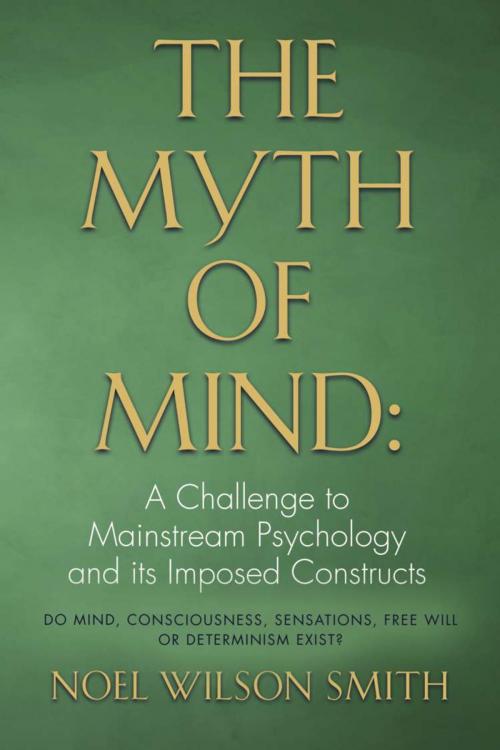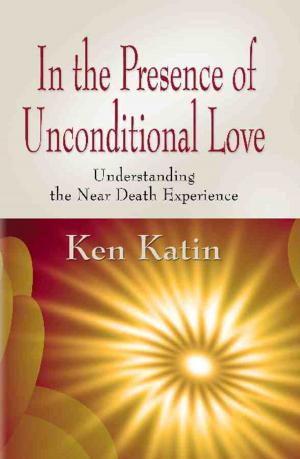The Myth of Mind
A Challenge to Mainstream Psychology and Its Imposed Constructs
Nonfiction, Religion & Spirituality, Philosophy, Health & Well Being, Psychology, Science & Nature| Author: | Noel Wilson Smith | ISBN: | 9781634917681 |
| Publisher: | BookLocker.com, Inc. | Publication: | January 1, 2017 |
| Imprint: | Language: | English |
| Author: | Noel Wilson Smith |
| ISBN: | 9781634917681 |
| Publisher: | BookLocker.com, Inc. |
| Publication: | January 1, 2017 |
| Imprint: | |
| Language: | English |
The first chapter of THE MYTH OF MIND examines the characteristics of constructs and events and provides criteria for examining the four topics each of which has a chapter. These chapter topics are (a) mind-brain, (b) consciousness, (c) freewill-determinism, and (d) sensation. These four topics are a source of major contentions in psychology. The sixth and final chapter consists of a review and conclusions.
Throughout the book, interbehavioral field psychology is given prominence as a system that can obviate many of the problems of psychology. It treats psychological events as interrelations of organism and surroundings that comprise the causal factors in behavior rather than assuming that the organism or its brain is self-caused and carries the entire weight of explanation. It also remedies the failure of biological orientations to recognize that while brain is a necessary condition as is environment, neither is a sufficient condition.
The aim of THE MYTH OF MIND is to provide psychologists with an alternative to mainstream approaches and to show how an approach starting investigation first with observations of events in nature rather than with traditional constructs can lead to a more scientific and effective orientation to both research and application.
The first chapter of THE MYTH OF MIND examines the characteristics of constructs and events and provides criteria for examining the four topics each of which has a chapter. These chapter topics are (a) mind-brain, (b) consciousness, (c) freewill-determinism, and (d) sensation. These four topics are a source of major contentions in psychology. The sixth and final chapter consists of a review and conclusions.
Throughout the book, interbehavioral field psychology is given prominence as a system that can obviate many of the problems of psychology. It treats psychological events as interrelations of organism and surroundings that comprise the causal factors in behavior rather than assuming that the organism or its brain is self-caused and carries the entire weight of explanation. It also remedies the failure of biological orientations to recognize that while brain is a necessary condition as is environment, neither is a sufficient condition.
The aim of THE MYTH OF MIND is to provide psychologists with an alternative to mainstream approaches and to show how an approach starting investigation first with observations of events in nature rather than with traditional constructs can lead to a more scientific and effective orientation to both research and application.















